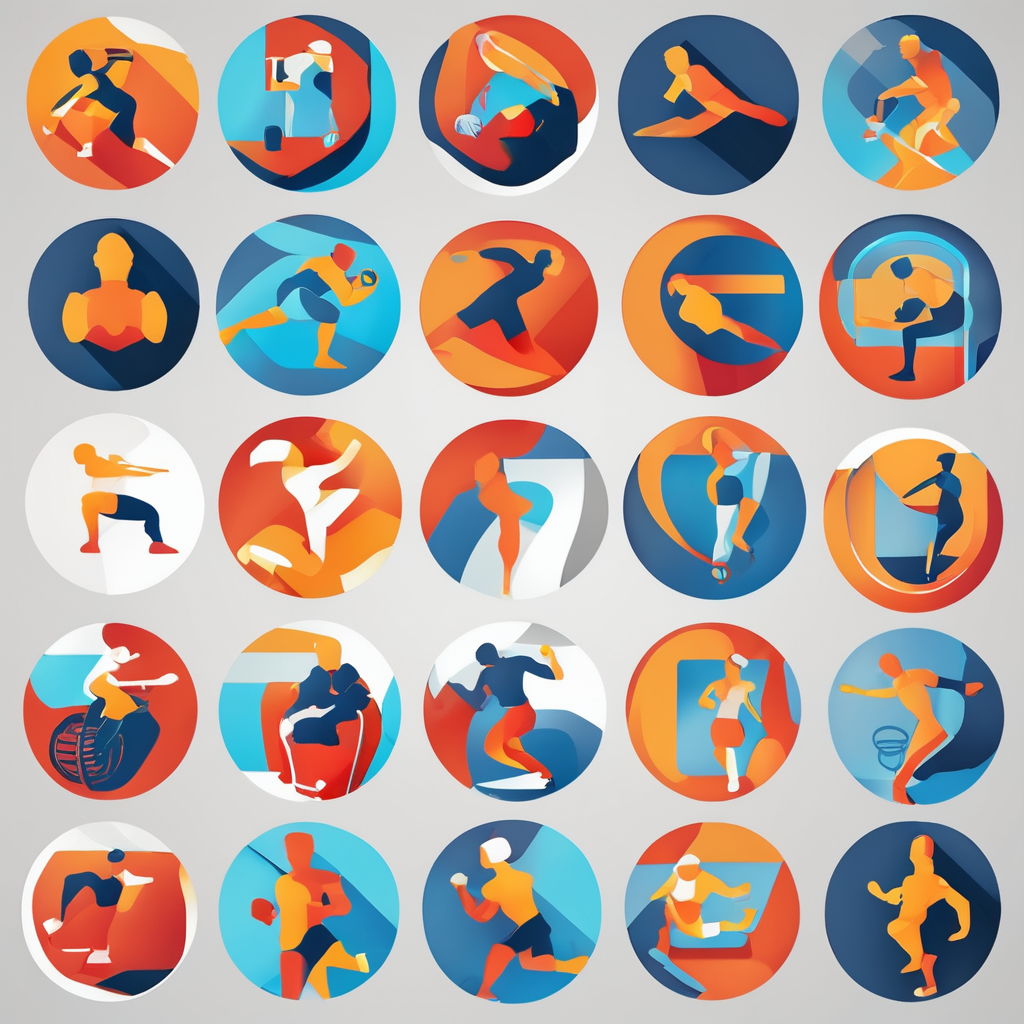Importance of Mental Training for Shooting Accuracy
Biathletes rely heavily on a combination of physical prowess and mental acuity, especially when it comes to achieving optimal shooting accuracy. A critical component in this sport is mental training, the unsung hero behind consistent performance.
Mental focus plays a crucial role in maintaining shooting accuracy during competitions. The sport demands a smooth transition from high-intensity skiing to the calm, steady-handed precision required for shooting. This is where the mental component becomes indispensable. Without mental training, even the most physically prepared biathlete may falter.
Have you seen this : Mastering Dressage: Unbeatable Focus Techniques for High-Pressure Competitions
The connection between mental resilience and shooting precision cannot be overstated. Under competition conditions, stress and anxiety can interfere with accuracy. Biathletes equipped with mental tools can maintain composure, allowing them to deliver consistent results under pressure.
Incorporating mental drills is essential. These exercises complement physical training by strengthening the mind. Mental resilience practices help anticipate different competition scenarios, increasing the likelihood of a stable performance.
Also to discover : Unlock Your Swim Potential: The Ultimate Guide to Perfecting Stroke Techniques for Competitive Success
Allocate time during training for mental exercises alongside physical routines. This ensures a holistic approach where the mental aspect is honed, not only enhancing shooting accuracy but also bolstering overall performance.
Key Mental Drills for Biathletes
Understanding and implementing specific mental drills can significantly enhance the performance of biathletes. These targeted exercises are designed to reinforce the mental aspects of shooting techniques, thereby boosting overall shooting accuracy.
Visualization Techniques
Visualization is a powerful tool that allows biathletes to mentally rehearse their performance before stepping onto the course. Effective visualization techniques can help them imagine themselves executing perfect shots, enhancing both focus and confidence. Incorporating these techniques into regular practices can lead to improvements in mental preparedness and shooting precision.
Breathing Exercises
Controlled breathing is crucial during shooting to maintain composure and reduce anxiety. Specific breathing techniques, such as deep, rhythmic breaths, can help stabilize the shooter’s pulse and focal point. Integrating these exercises consistently into training sessions can ultimately enhance relaxation and focus during high-pressure situations.
Concentration Drills
Concentration drills are essential for honing the ability to maintain attention amidst distractions. Practising shooting under simulated stress with targeted exercises can improve a biathlete’s mental resilience. This ensures that distractions have minimal impact on performance during actual competitions.
Mindfulness and Presence
Mindfulness involves staying present and aware of the current moment without judgment. Simple exercises, such as focused attention on breathing, can significantly strengthen a biathlete’s mental fortitude. Long-term practice of mindfulness supports enduring improvements in mental resilience and shooting precision.
Implementing Mental Drills in Training
Incorporating mental drills into training integration requires a deliberate approach to mental rehearsal. For biathletes, this involves balancing both physical and mental aspects to achieve enhanced performance. A well-structured training schedule that allocates time for these mental exercises can make a significant difference in a biathlete’s shooting accuracy.
When designing training sessions, it is crucial to intertwine mental rehearsal with physical routines. This means setting aside specific times for mental exercises, such as visualization and breathing techniques, alongside physical workouts. Regular practice helps biathletes develop a mental edge, preparing them better for competition pressure.
To monitor the effectiveness of these mental practices, biathletes should establish methods for tracking progress. This might include self-assessments or progress journals where athletes record their mental state and shooting performance over time. Such tools can offer insights into what mental drills are most beneficial and need further refinement.
Creating a supportive environment is another vital factor. Coaches and teammates can play an essential role by encouraging a focus on mental training and sharing feedback. Fostering a culture where mental strength is prioritized ensures athletes feel empowered to explore and refine their mental skills, leading to improved overall performance.
Resources for Further Learning
In the pursuit of excellence, biathletes can benefit significantly from external resources on mental training. Delving into the literature on sports psychology offers a wealth of insights into enhancing shooting accuracy.
Books and Articles: There are numerous reputable publications offering guidance on developing mental resilience and focus. Titles that focus on sports psychology principles can provide foundational and advanced strategies that are applicable to biathlon.
Online Courses and Workshops: Digital platforms provide accessible opportunities to deepen knowledge and practice applications of mental drills. Workshops and courses often include tailored insights into mindfulness, concentration, and visualization techniques relevant to shooters.
Tools and Apps: To track and measure mental performance, there are innovative apps designed to assist athletes in integrating mental drills into their training routines. These tools offer features such as progress tracking and routine planning, which can help refine techniques and ensure continuous improvement.
For biathletes, actively engaging with these resources supports a systematic approach to mental training. This investment in learning helps athletes build a comprehensive skill set, combining both mental and physical elements for enhanced performance in competitions.
